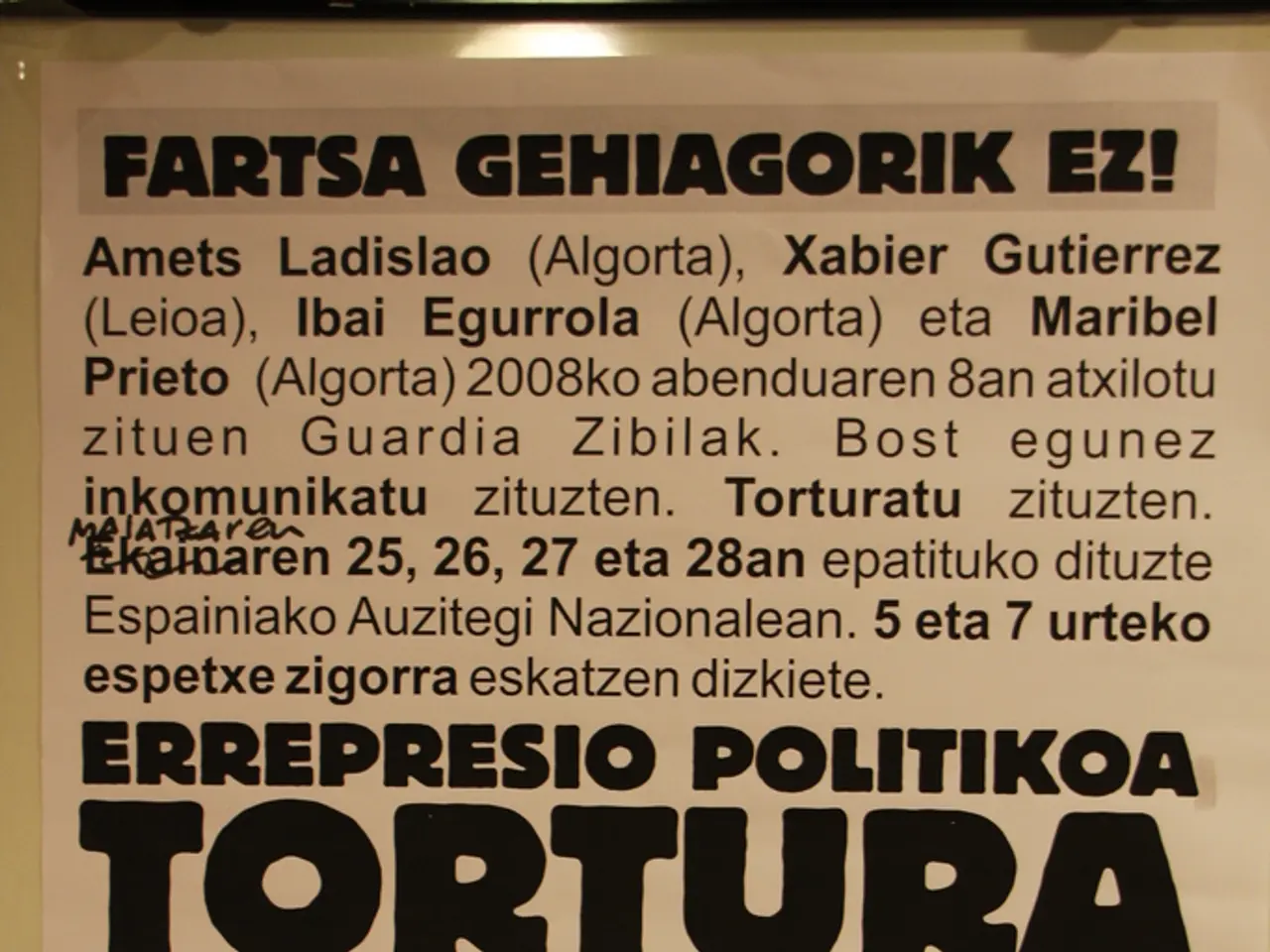Surrounded Completely: From Every Direction
The Royal Spanish Football Federation (RFEF) has made a groundbreaking decision, approving the relocation of the December 17th match between Villarreal and Barcelona to Miami's Hard Rock Stadium. This marks a historic first for a top-flight European league game overseas and sets a precedent that could reshape the landscape of European football competitions.
Local Spanish fans in Villarreal, who have long cherished the home stadium experience at Estadio de La Cerámica, will unfortunately miss out on the match. The shift to Miami means local supporters face losing direct access to the game, a significant blow for those who have supported the team through thick and thin.
On the other hand, U.S.-based and international fans stand to gain a unique opportunity to witness a high-profile LaLiga game on American soil. This relocation could potentially broaden the league’s fanbase and boost engagement in the U.S., where soccer continues to grow. However, traditionalist fans have expressed concerns about undermining the sanctity of home-and-away league fixtures and whether such relocations prioritize commercial gains over sporting integrity.
For the teams involved, both Villarreal and Barcelona must adapt to travel across the Atlantic mid-season. This could introduce logistical challenges, fatigue, and affect performance preparation. However, players and clubs might benefit commercially, gaining exposure and sponsorship opportunities in a key international market.
The move reflects LaLiga’s broader goal to globalize its brand, aligning with previous moves like the Spanish Supercopa being held abroad repeatedly in Saudi Arabia. If successful, it might lead to increased commercial revenues and international broadcasting deals for LaLiga, but raises questions on competitive fairness and the fans' experience for domestic attendees.
The RFEF's approval is just the first step, as the match still requires UEFA and FIFA’s authorization to ensure it complies with international regulations regarding competitive league matches held abroad. The decision has sparked a serious campaign against the "export" of the league from the country, involving fans, organizations defending their rights, clubs, and players.
As the new season of the Spanish football championship begins this Friday, August 15, the future of this historic move remains uncertain. The matches on the first day feature teams like Girona vs. Rayo Vallecano and Villarreal vs. Real Oviedo. The reigning champion "Barcelona" will play its first match on Saturday, August 16. Four Barcelona players are nominated for the "Golden Ball", including Pedri and Robert Lewandowski.
The decision has not been without controversy. Real Madrid has pointed to a violation of the principle of territorial reciprocity, while the Federation of Shareholders and Partners of Spanish Football deemed the RFEF resolution a violation of the rights of season ticket holders. The main goalkeeper of the Spanish national team, Unai Simón, considered the decision "disrespectful to fans."
In the midst of this shift, established clubs like Real Madrid and Barcelona are undergoing changes. Real Madrid is undergoing a year of rebuilding, with new head coach Habi Alonso creating a new team. Barcelona has faced administrative problems, including difficulties in complying with Spanish financial fair play rules, and six players remain unregistered as of the start of the first round.
Meanwhile, other clubs are making significant signings. "Atletico" has made significant signings in attack, including Alex Baena from "Villarreal" (for €42m) and Giacomo Raspadori from "Napoli" (€22m). "Athletic" from Bilbao has managed to keep Nico Williams, whose replacement would have been impossible due to their Basque-only policy.
As the season unfolds, it remains to be seen how this historic move will impact the championship overall. One thing is certain: the decision to move a LaLiga match to Miami begins a potential shift in European football competitions that weighs expanded global reach and commercial interests against local fan impact and traditional sporting values.
[1] https://www.bbc.com/sport/football/62383112 [2] https://www.espn.com/soccer/la-liga/story/4560786/barcelona-villarreal-la-liga-match-to-be-played-in-miami [3] https://www.theguardian.com/football/2022/jul/13/barcelona-villarreal-la-liga-match-to-be-played-in-miami-sparks-backlash [4] https://www.aljazeera.com/news/2022/7/13/barcelona-villarreal-la-liga-match-to-be-played-in-miami-sparks-backlash
Local supporters who have traditionally enjoyed watching football at Estadio de La Cerámica in Villarreal will miss out on the upcoming match, as it has been relocated to Miami's Hard Rock Stadium. On the contrary, American and international fans may acquire a rare chance to experience a LaLiga game on home soil, which could potentially expand the league's fanbase and increase engagement in soccer within the U.S.







